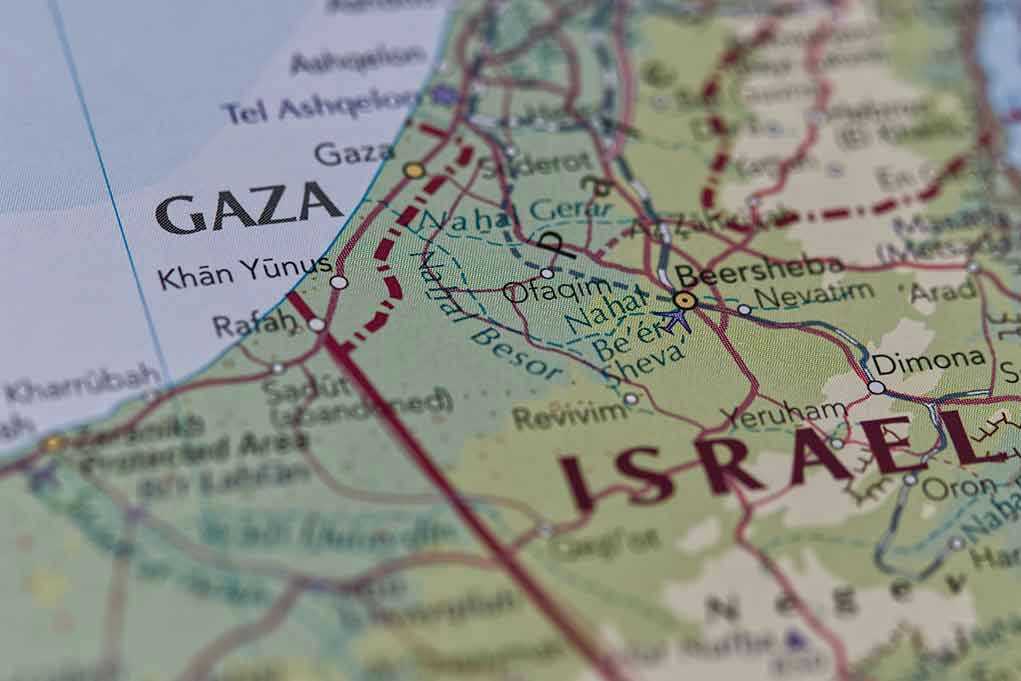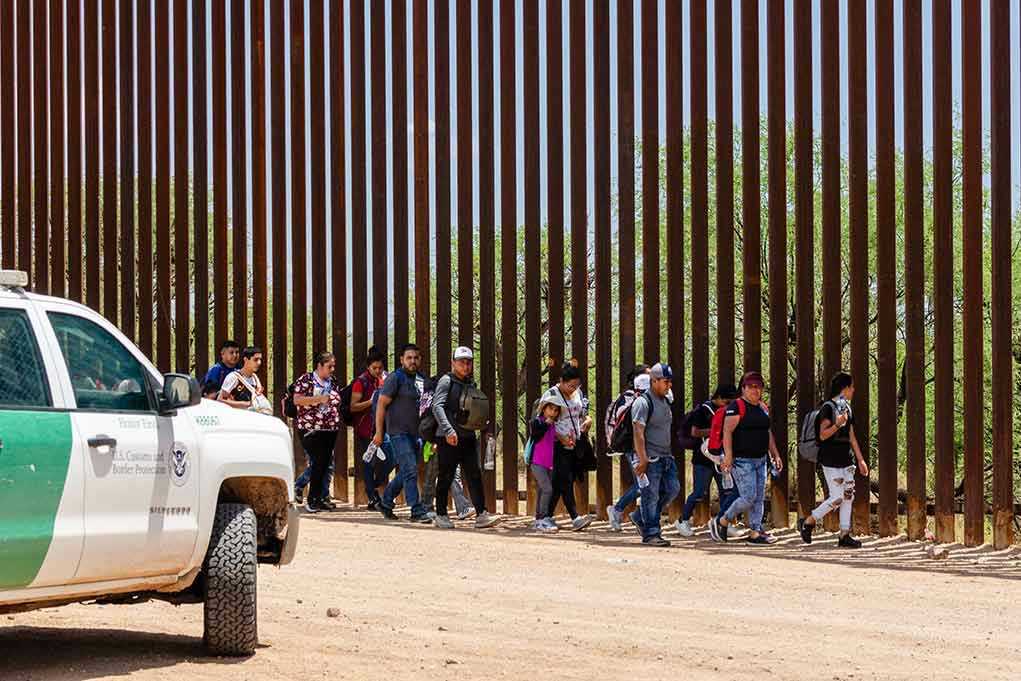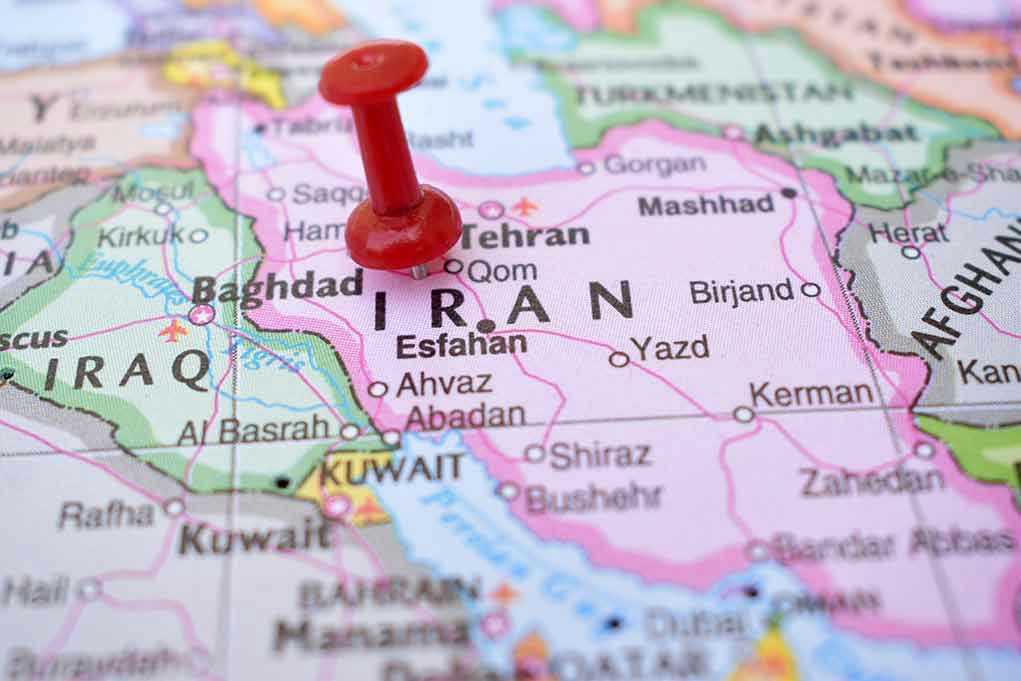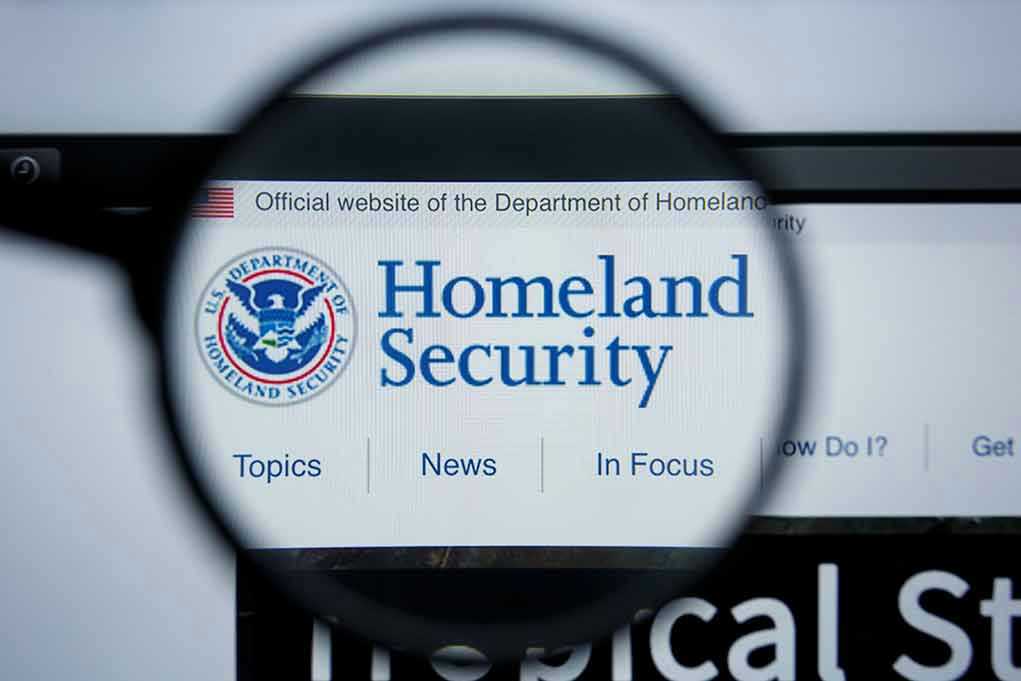
A new policy potentially opens the door for Gazan displacement, raising significant concerns among international advocates.
Story Overview
- Netanyahu’s statement on allowing Gazans to leave sparks debate.
- ICC arrest warrants heighten tensions for Israeli leaders.
- Potential displacement raises humanitarian and legal issues.
- International dynamics are complicated by U.S. and ICC member state obligations.
Netanyahu’s Policy Signal on Gaza
Israeli Prime Minister Benjamin Netanyahu recently remarked that Israel “will allow” Palestinians to leave Gaza as the country prepares for a broader military offensive. This statement has reignited debates over potential displacement, touching on complex issues of demographic changes and resettlement. The announcement comes amid ongoing hostilities in Gaza, underscoring the humanitarian crises and legal challenges involved.
The issue is further complicated by existing International Criminal Court (ICC) arrest warrants against Netanyahu and former Defense Minister Yoav Gallant, which accuse them of war crimes and crimes against humanity. These legal pressures add a layer of diplomatic tension, with international responses hinging on how such policies are perceived under humanitarian law.
Netanyahu’s comments have also sparked international condemnation, reminiscent of previous proposals to resettle Gazans outside of the territory. This approach has historically been contentious, drawing parallels to past displacement events and raising fears of coerced or involuntary migration under the guise of voluntary emigration. Egypt’s control over the Rafah crossing remains a pivotal factor in any potential exodus from Gaza.
ICC Arrest Warrants and Legal Implications
The ICC’s issuance of arrest warrants for Netanyahu and Gallant complicates the geopolitical landscape. These warrants, which cover alleged crimes committed during the ongoing Gaza conflict, challenge Israeli leadership on an international level. The United States has rejected these charges, labeling them as absurd, while ICC member states face legal obligations to arrest these leaders should they enter their territories.
The ICC’s actions, pointing to alleged war crimes such as the use of starvation as warfare, have intensified scrutiny on Israel’s policies and military operations. This legal backdrop is critical as it influences both Israeli policy and international diplomatic relations, particularly with Western allies who support Israel’s security objectives but must also adhere to their legal commitments under the Rome Statute.
Humanitarian and Diplomatic Concerns
The humanitarian situation in Gaza is dire, with reports of severe hunger and potential famine conditions exacerbating the crisis. International organizations and NGOs continue to monitor the situation closely, raising concerns about the impact of potential mass displacement. The lack of a confirmed policy framework for permitting Gazans to leave underscores the complexities involved.
As the situation progresses, the role of Egypt and other regional actors in facilitating or obstructing movement becomes increasingly significant. Any large-scale movement of people will require careful coordination, funding, and security assurances, posing significant challenges for all parties involved. Meanwhile, the international community remains divided, with diplomatic tensions likely to persist.
BREAKING – Israel PM Netanyahu says 'we will allow' Gazans to leavehttps://t.co/zCVPkGGVsS
— Insider Paper (@TheInsiderPaper) August 12, 2025
Ultimately, the unfolding events in Gaza highlight the intricate interplay between military strategy, humanitarian considerations, and international law. The potential for demographic shifts and the legal ramifications of ICC proceedings will shape the geopolitical narrative, influencing regional stability and global diplomatic relationships.
Sources:
United Nations/ICC document mirror – ICC Pre-Trial Chamber press and decision excerpts

















